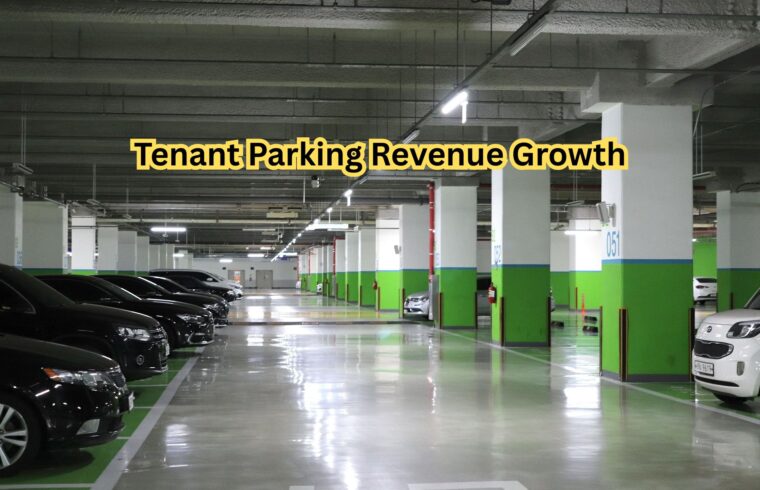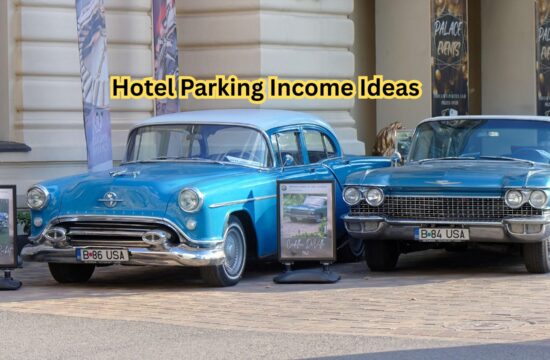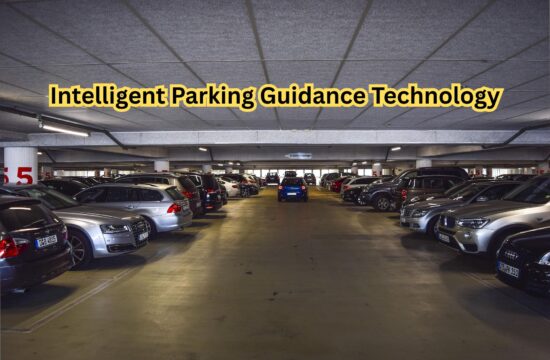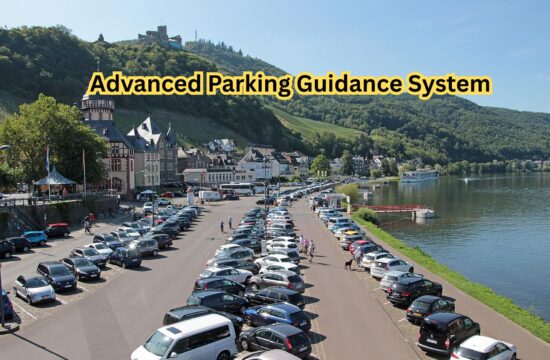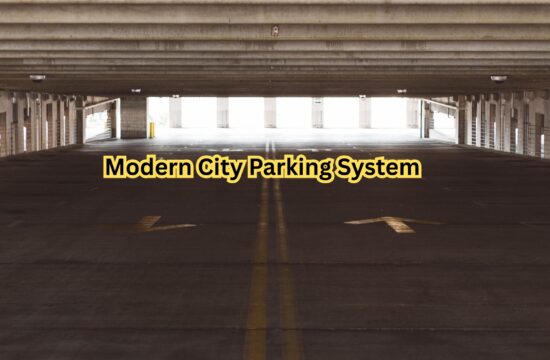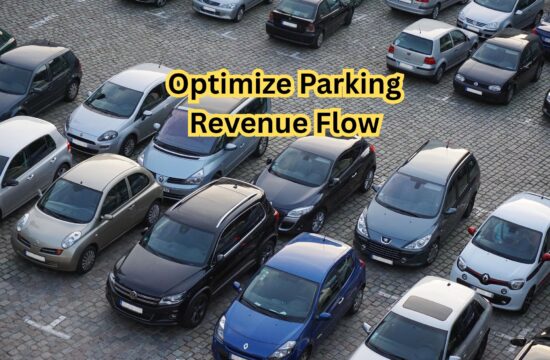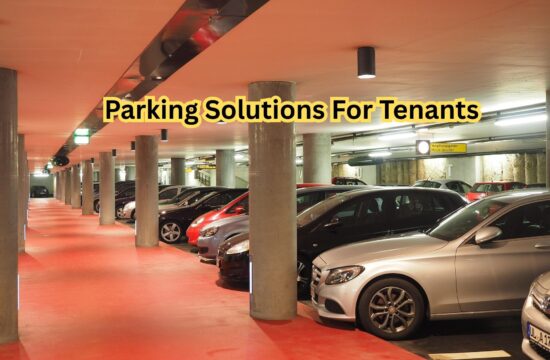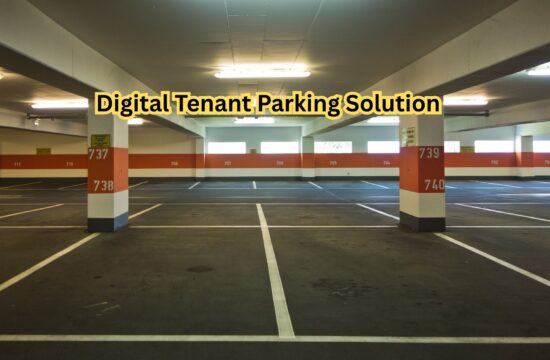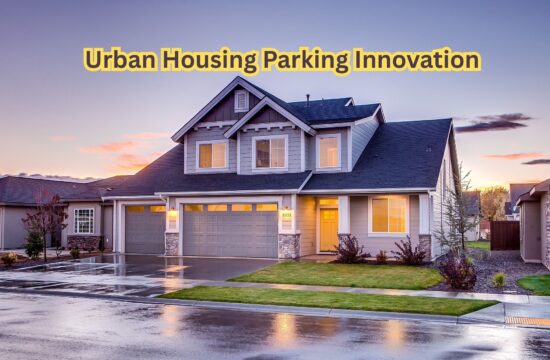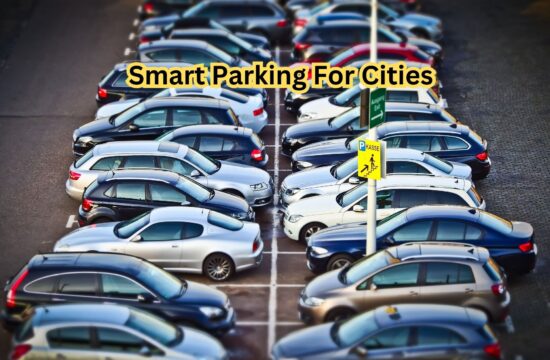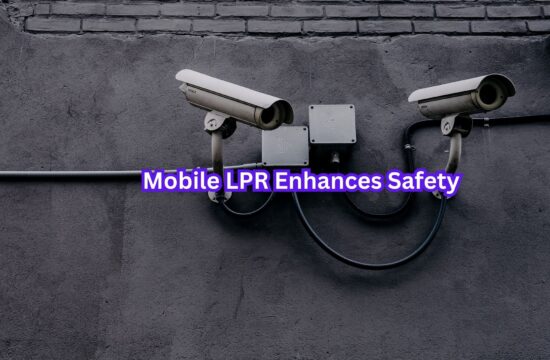For property owners and managers, Tenant Parking Revenue Growth is now more than simply a convenience; it’s a significant source of income. As urban areas become increasingly congested and the value of parking continues to climb, Tenant Parking Revenue Growth becomes a strategic advantage. Multifamily and commercial buildings can use their available parking spaces not only to boost revenue but also to enhance resident satisfaction—proving that Tenant Parking Revenue Growth is both a financial opportunity and a tenant retention strategy.
Shift in Parking Demand
The need for parking has increased as a result of urbanization and rising car ownership. As part of their renting experience, tenants now look for parking alternatives that are secure and assured. In order to satisfy this demand, property owners are realizing this trend and making money off of unused or underutilized parking spaces.
Dynamic Pricing Models
Revenue can be greatly increased by implementing dynamic pricing for parking spaces that is dependent on demand, location, and availability. Property managers can increase the value of their current inventory by charging more for premium areas or modifying rates during busy hours.
Integration of Technology
Parking spot management and leasing are made easier by smartphone apps and smart parking management platforms. Tenant convenience is increased, space usage is maximized. Revenue is eventually increased with features such as digital payments, reservation systems, and real-time availability.
Short-Term Parking for Non-Tenants
During off-peak hours, many property owners are making their parking lots available to temporary visitors or local employees. This additional use creates a consistent flow of passive income and brings in additional revenue without compromising tenant access.
Parking Space Sharing Among Tenants
Effective utilization of available parking is made possible by encouraging tenants to share or sublease their unused spaces through a controlled system. In addition to encouraging tenant cooperation, this raises the property’s perceived value.
Data-Driven Decisions
Informed decision-making is facilitated for property managers by using data analytics to monitor occupancy trends, tenant preferences, and usage patterns. Better revenue strategies can be achieved directly through layout optimization and demand cycle understanding.
Lease Bundling and Upselling
Landlords can raise rents by including parking in a premium lease package or by combining it with other perks. Upselling renters reserved or covered parking spaces improves their experience and increases the property’s revenue.
Sustainable and EV-Focused Parking
With the growing popularity of electric vehicles (EVs), properties that have EV charging stations may be able to charge extra. Encouraging environmentally friendly features, such as green parking areas, can draw highly affluent customers and raise parking and rental prices.
Conclusion
Tenant parking is now a strategic potential for income growth rather than an afterthought. Property owners can turn conventional parking lots into worthwhile revenue-generating assets by implementing smart technology, adjustable pricing, and innovative monetization techniques.

